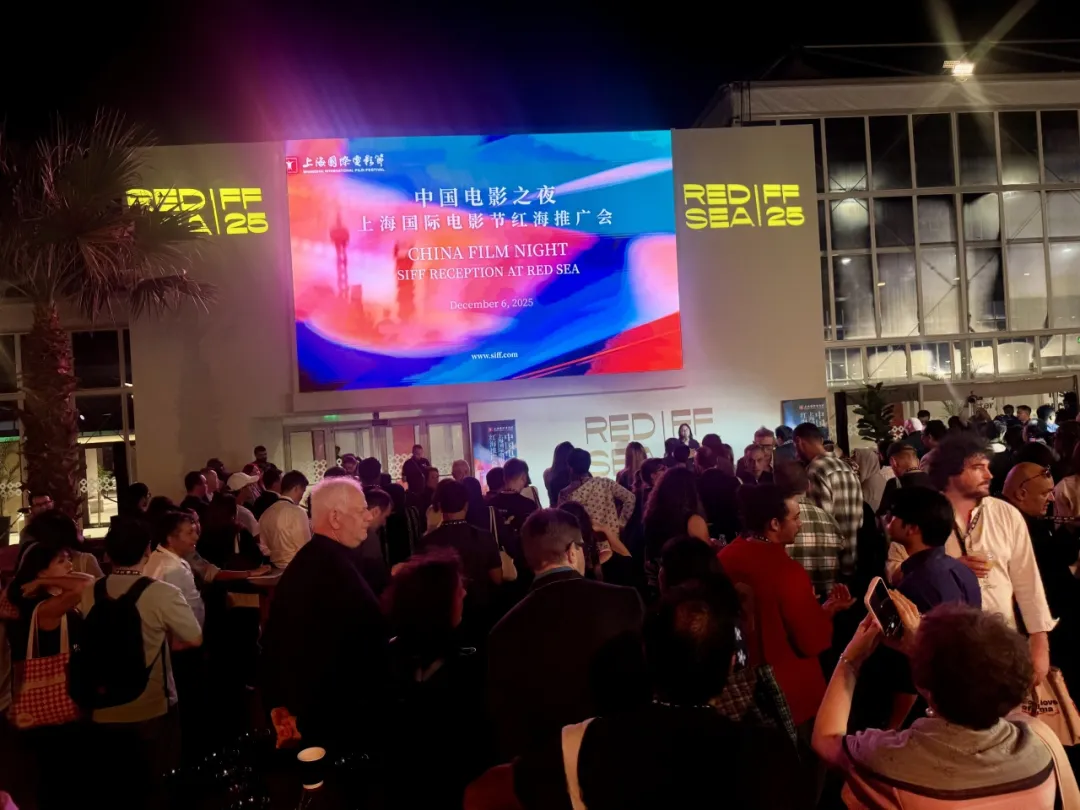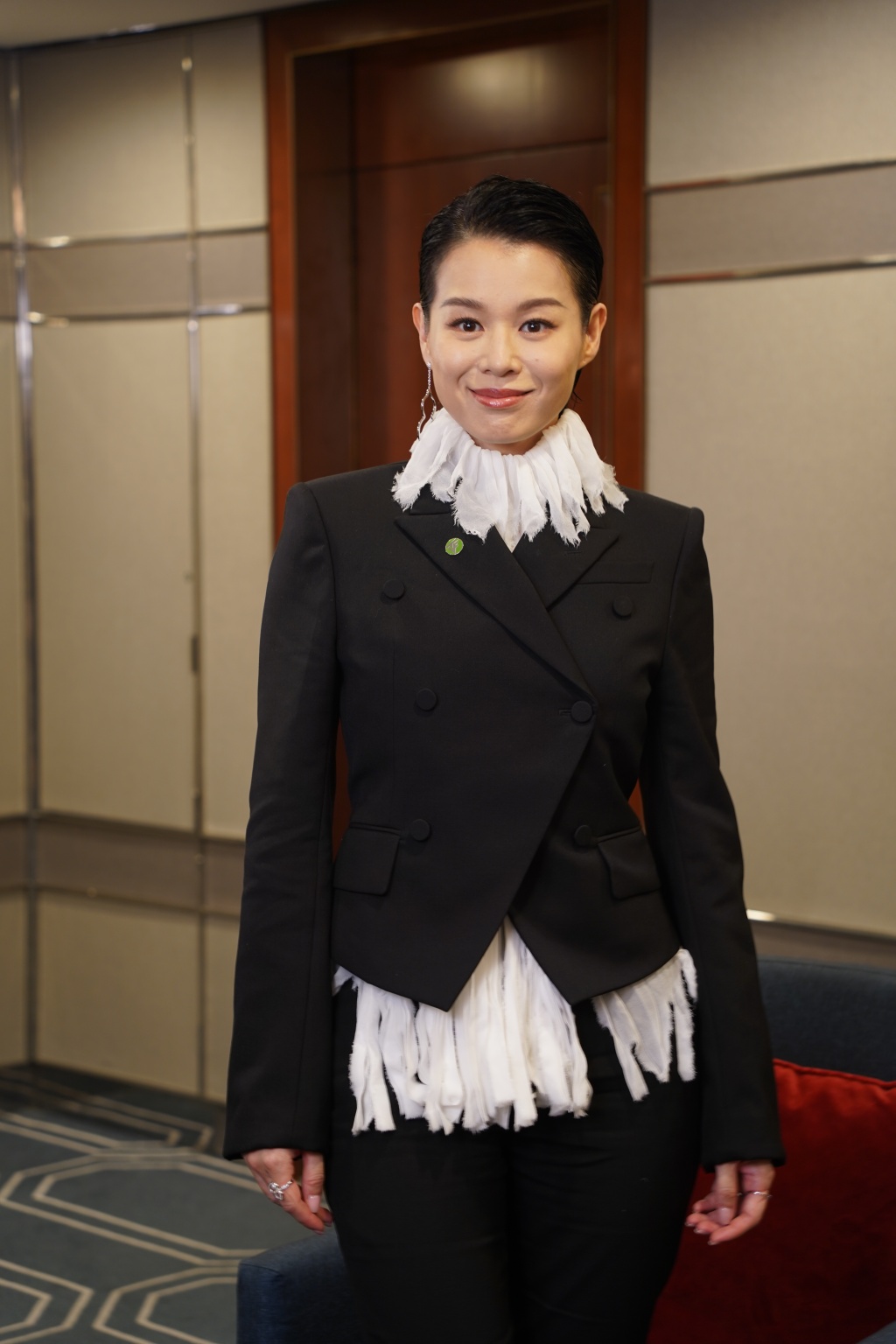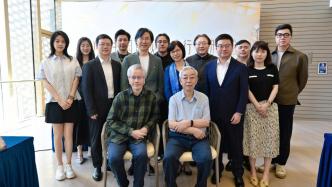
From the classic red song "Yingshanhong" to the popular OST of the Spring Festival movie "Little Happiness"; from the unyielding "Where is the Road" to the emotionally tense "Jue Ai"... Recently, the "2024 Film and Television Music Festival" was held in Shanghai, and three generations of powerful musicians gathered together. The event sorted out the historical context of Chinese film and television music, and led the audience to review the classic soundtracks of the screen and screen masterpieces that have influenced the growth of generations. The number of online live broadcast viewers exceeded 25 million, and the number of online readings exceeded 1 billion.
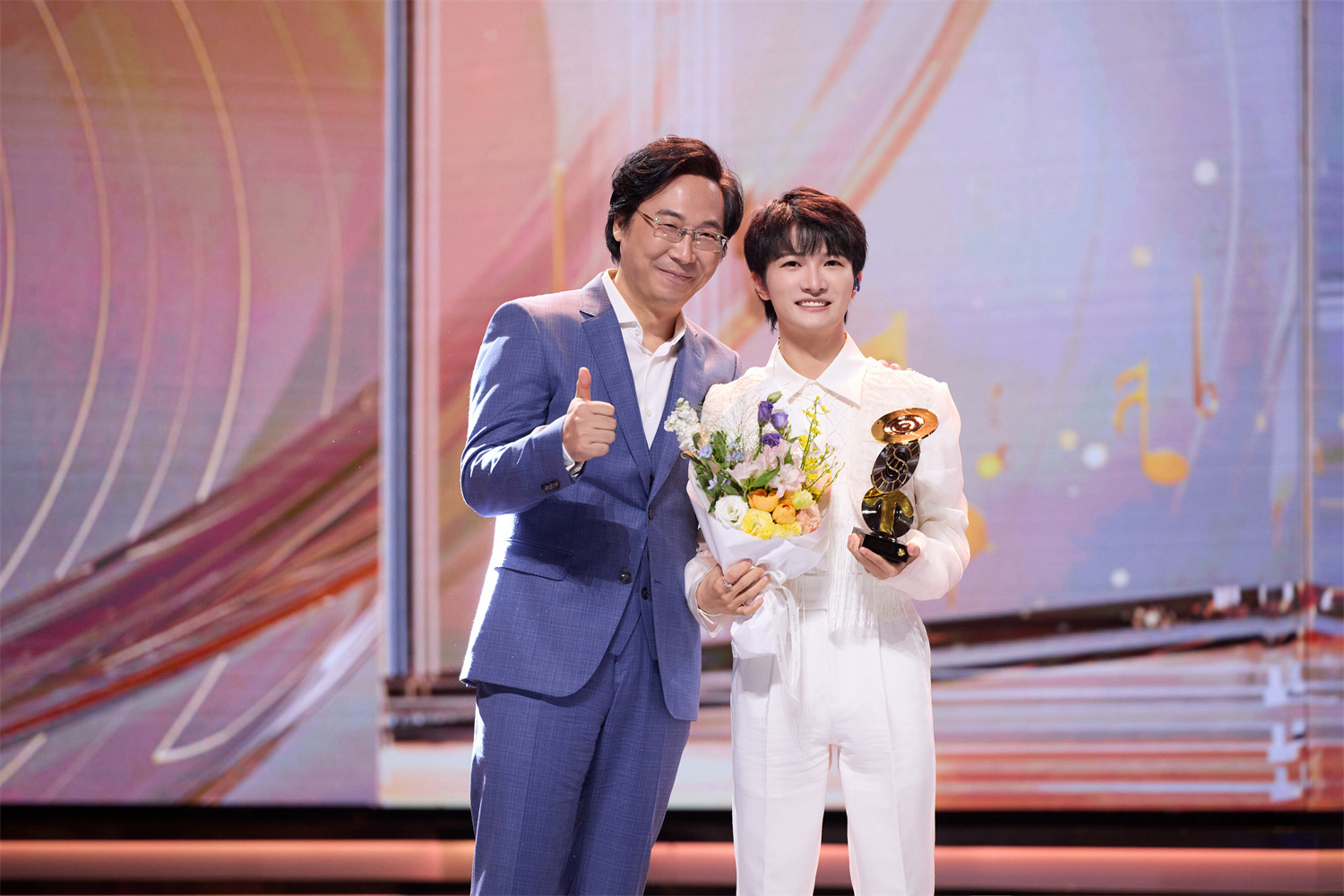
2024 Film and Television Music Festival, Liao Changyong, Zhou Shen
Taking the Shanghai International Film and Television Festival and the "2024 Film and Television Music Festival" as an opportunity, the "2024 China Film and Television Music Industry Seminar" co-organized by Shanghai Conservatory of Music, Shanghai Radio and Television Oriental TV Center, and Shanghai Television Artists Association was held at the Shanghai Conservatory of Music Opera House on June 18. Many domestic composers, film and television music workers, music scholars and industry experts in the field of film and television music discussed the continuous creation of "film and television music" cultural IP and the promotion of "Shanghai culture" brand building.

Seminar site
Shanghai is the birthplace of Chinese film and one of the birthplaces of modern Chinese pop music. "Over the past 75 years, Chinese film and television music has experienced a glorious development process, like the pulse of the times, beating in the hearts of every audience," said Wang Jianjun, chairman of the Shanghai Television Artists Association and vice president of the China Radio and Television Social Organization Federation.
Liao Changyong, president of Shanghai Conservatory of Music, said in his speech: "From Xiao Youmei, Huang Zi, Xian Xinghai, and He Luting in the 1930s to Qu Xixian, Huang Zhun, Zhu Jian'er, and Wang Ming after the founding of the People's Republic of China, to today's Lü Qiming, Jin Fuzai, Xu Jingxin, Tan Dun, Zhang Qianyi and many other famous composers, they have laid the foundation for the development of Chinese film music and made contributions. Their works have left a deep mark in the history of Chinese film music."
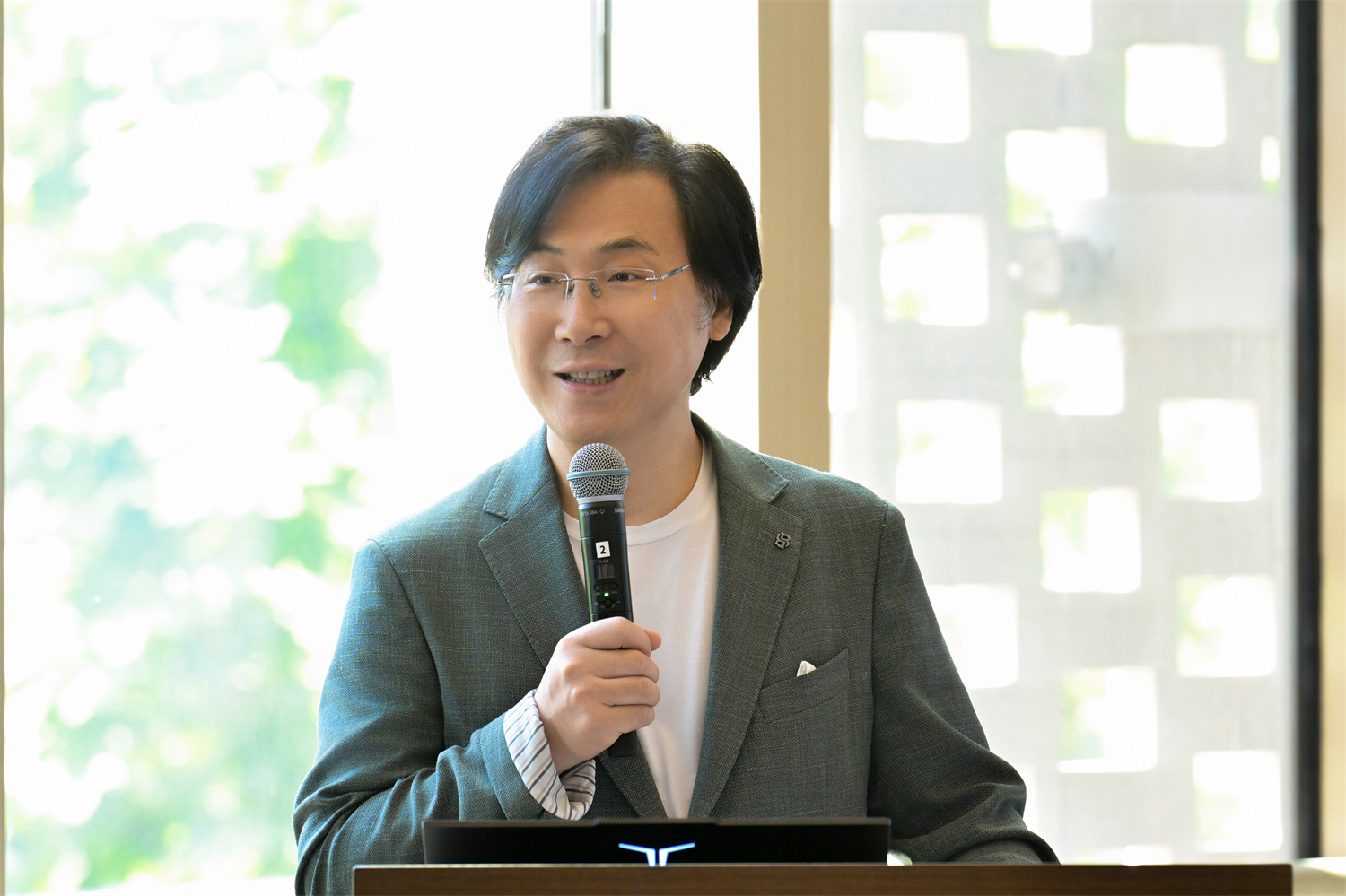
Liao Changyong
After nearly a hundred years, film and television music has evolved from simple soundtracks to diversified music creation, and has played a huge role in promoting the development of Chinese original music and even the dissemination of Chinese film and television works. How to more cleverly and deeply integrate music into audio-visual language and make it a powerful tool for telling stories and expressing emotions? The guests shared their views.
Dong Dongdong, a musician who has created soundtracks and songs for movies such as "Charlotte's Troubles", "Wolf Warriors", "Mountains May Depart", and TV series such as "Let's Get Married", "In the Name of People", and "Ode to Joy 2", believes: "Today, the industrial division of labor in film and television music is more clear. The rise of music streaming has accelerated the spread of film and television soundtracks, greatly increased the exposure of music creators and producers, and many "explosive" film and television soundtracks have appeared one after another. This not only enriches our audio-visual experience, but also drives the film and television industry forward."
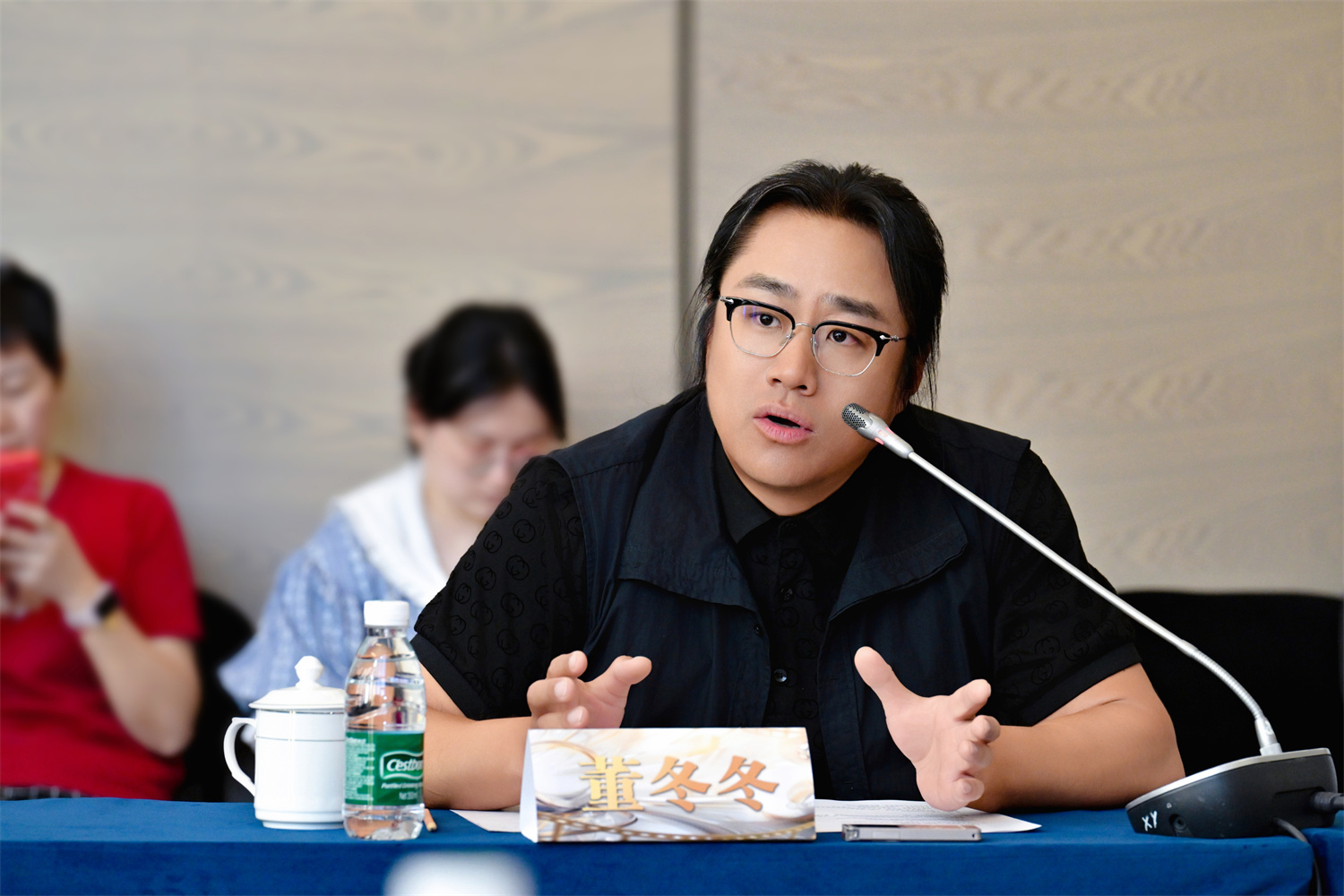
Dong Dongdong
At the same time, with the introduction of electronic music production technology, the problem of fast-food and stereotyped film and television music creation has become more prominent. Jin Fuzai, a famous composer and professor at the Shanghai Conservatory of Music, expressed his concerns about the abuse of "canned music" in film and television. He pointed out: "Continuous exploration is the main theme of Chinese film and television music, and the vast picture of life is the 'fertile soil' for composers to draw inspiration for their creations. Only when film and television music fits the picture, follows the development of the plot, and reflects the psychological state of the protagonist, can it be successful and attract the attention of the audience."

Jin Fuzai
Music director, lyricist and composer Chen Xi agrees: "Life gives us something to say, and creation allows us to express it." In her 20 years in the industry, Chen Xi has created many hit songs for movies and TV series, such as "Where Has the Time Gone", "Finally Waiting for You", and "Just Once". She shared her experience with everyone: "Go to the filming site more often and calm down to feel it, because the rhythm and melody changes of the music are closely integrated with the climax and twists of the plot, which can effectively enhance the rhythm of the story."
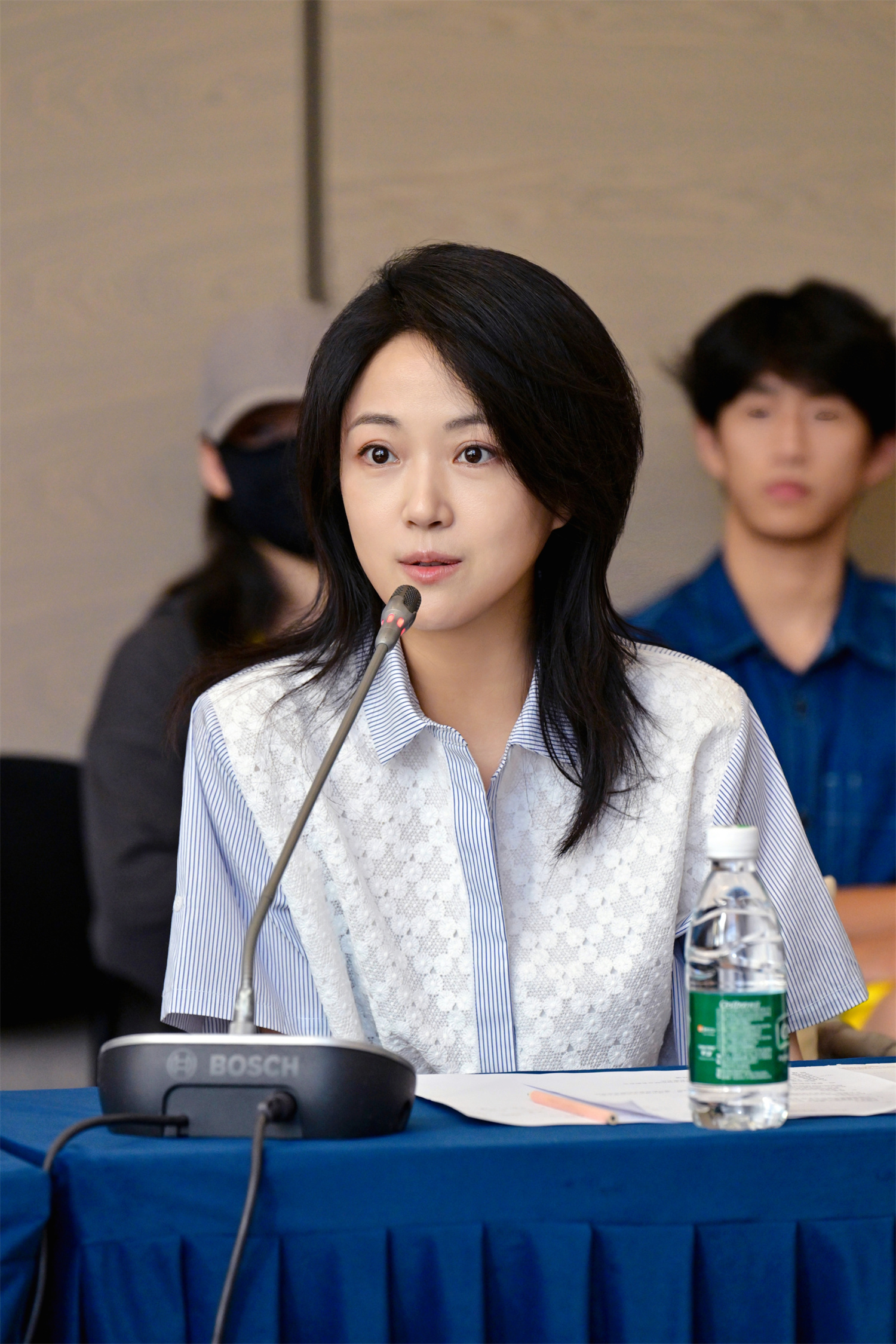
Chen Xi
Faced with the huge growth potential of the film, television and music industry, the guests at the conference also put forward their own insights and initiatives.
Zeng Zhizhong, vice president of the content cooperation department and general manager of the performance cooperation center of Tencent Music Entertainment Group (TME), figuratively compared film and television music to "clothes", which is functional music and has irreplaceable importance.
He said that compared with developed countries with developed film and television industries, where music investment accounts for 8% to 10% of the total cost of film and television projects, the current investment and attention paid to music by China's film and television industry is still far from enough, and the cooperation mechanism between film and television and music needs to be improved. Therefore, he called on film and television producers to change their ideas, face up to the important role of film and television music, and provide broad imagination space and strong financial support for film and television music creation. On the premise of paying attention to artistic quality, give full play to the dissemination function of film and television music and open up the production and dissemination chain.
Xu Jingqing, a famous composer and national first-class composer, Chen Guohui, a famous director and screenwriter, and Professor Yu Yang, director of the Department of Music Engineering at the Shanghai Conservatory of Music, discussed "The impact of AI on film and television music". They all agreed that the current AI creation still cannot replace the creators, and called for the use of film and television music to continue to improve the copyright mechanism, and relevant institutions to introduce policies to attract and cultivate more young people to enter the industry, so that film and television music can enter a virtuous cycle of creation and dissemination.
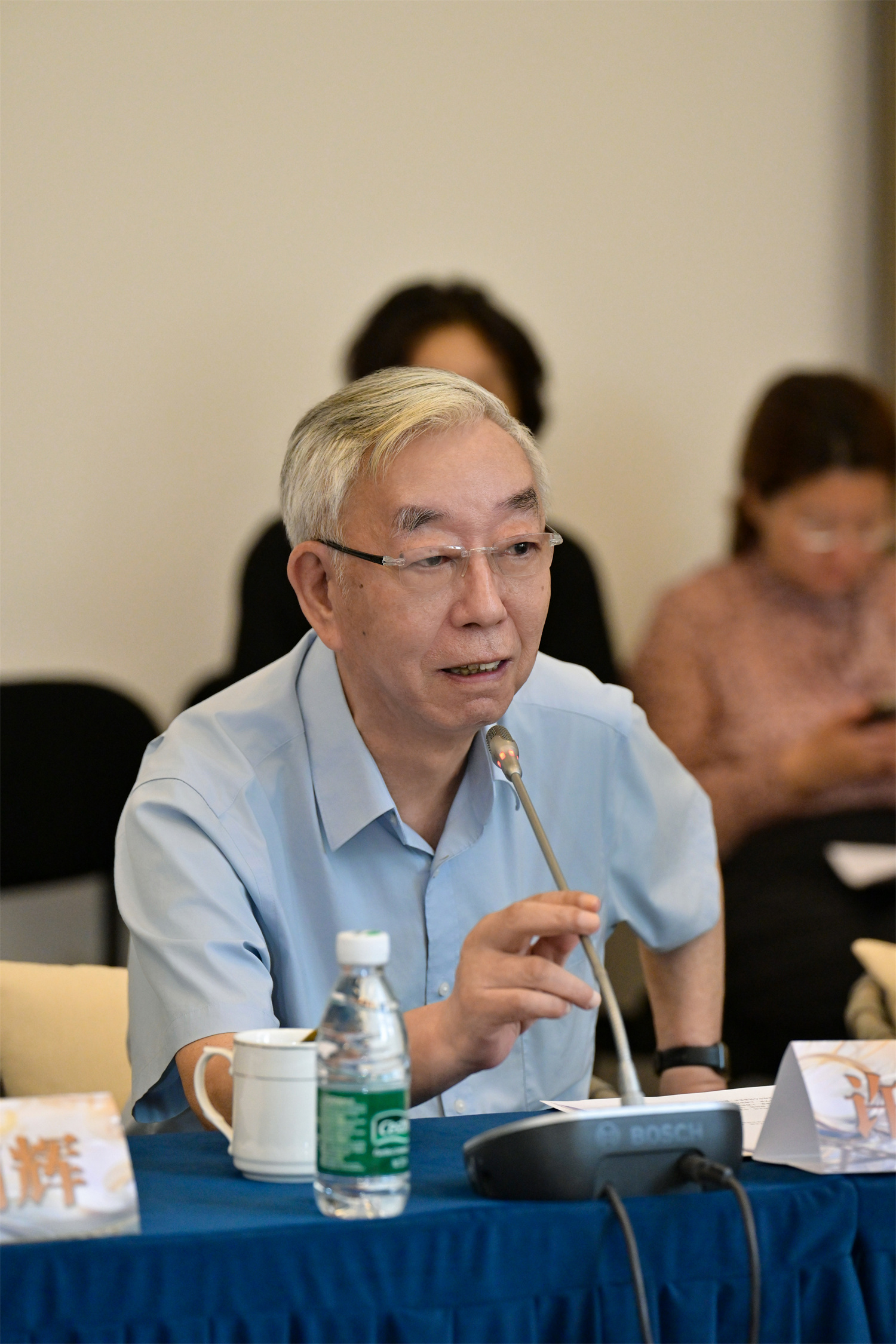
Xu Jingqing
Professor Yu Yang also proposed that he hopes to link resources from all parties in the future to promote "Film Music +" and create a Shanghai International Film Music Festival that covers "master classes, workshops, creative competitions, academic seminars, music performances, etc." He hopes that this event will be implemented as soon as possible to further enhance Shanghai's cultural soft power and competitiveness and further help the development of China's film music industry.
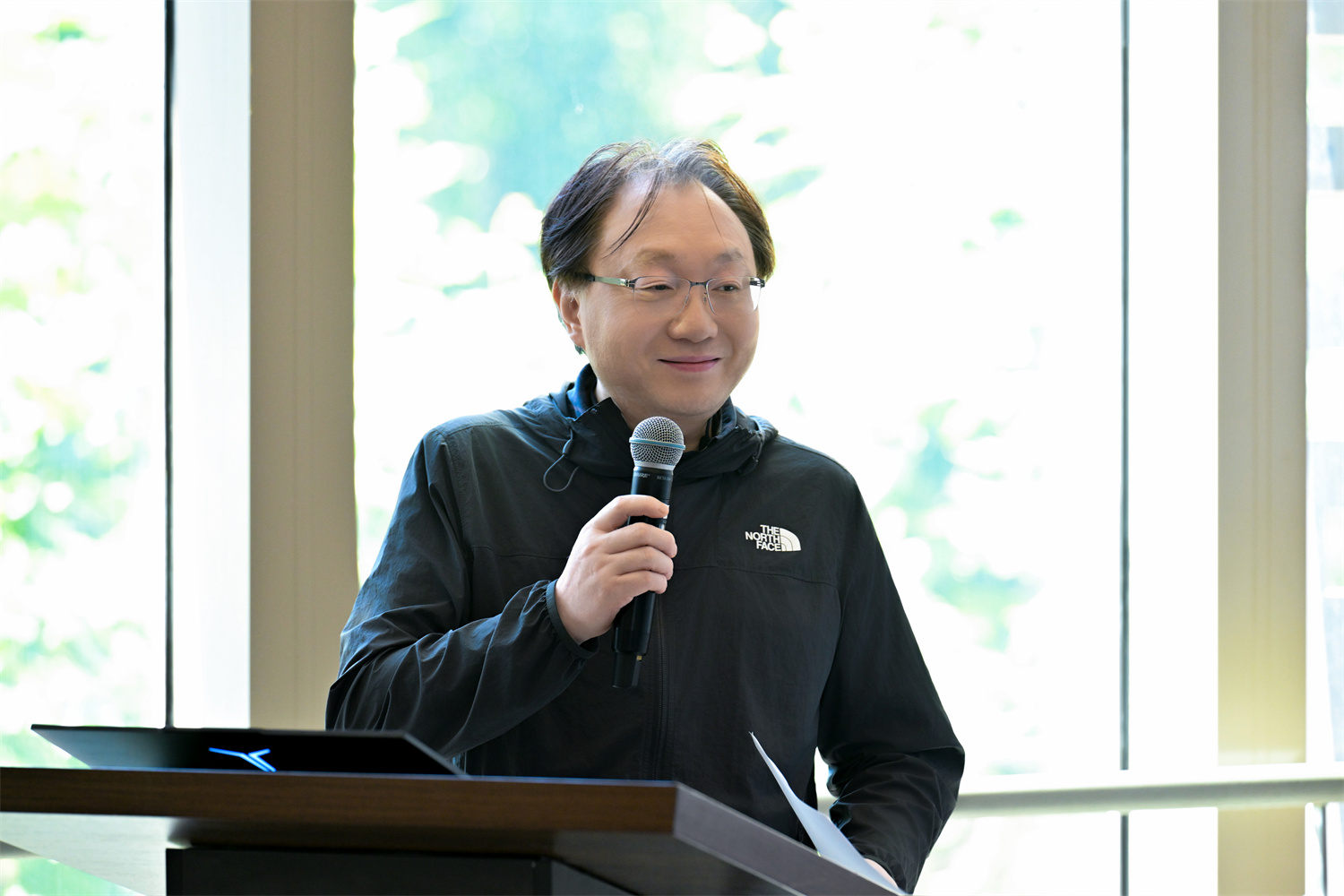
Yu Yang
